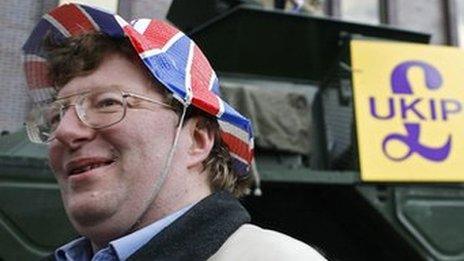Social attitudes survey: Public 'don't want more coalitions'
- Published
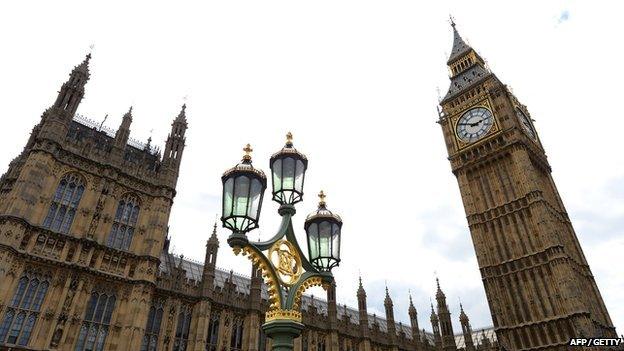
Public enthusiasm for government by coalition is at its lowest in 30 years, an annual opinion survey says.
But the NatCen British Social Attitudes Report, external found a majority of the 2,878 people it surveyed would not reverse cuts made by the current government.
NatCen said people "seemingly accepted many of the coalition's big reforms".
But during five years of seeing a coalition in action, the number who preferred to have a coalition in charge had "plummeted" from 45% to 29%.
NatCen also said that, while most people wanted to stay in the EU, "the majority of the public can be considered Eurosceptic".
The British Social Attitudes survey has been carried out every year since 1983, with questions repeated periodically to assess how opinions change over time.
This year's study aimed to find how people had responded to the Conservative/Liberal Democrat coalition government.
Among its findings were:
29% of people now prefer coalition to single party government, the lowest since the survey began, and down from 45% before the current coalition was formed
57% think that democracy works "at least reasonably well" in Britain, little changed from a decade ago
37% of people want to see higher taxes to pay for increased health, education and welfare spending, only a slight increase since 2010
65% are happy with the NHS, and satisfaction with A&E services has increased in the past year
The proportion who think the NHS has got better in the last five years has fallen to 25%, from 40% in 2010
92% of people say the NHS has a funding problem, and 45% believe it will not be free to use in a decade's time
There is "no consensus" on how to plug the funding gap
Given a straight choice, 57% would stay in the EU, with 35% quitting
Support for university tuition fees is little changed since before 2010
Recent opinion polls suggest a hung Parliament is likely after the 7 May general election, which could lead to another coalition government.
NatCen, a social research specialist, said the number of people who preferred this form of government had "plummeted", adding: "Apparently any hopes that the Liberal Democrats might have had that voters would come to accept coalitions once they saw one in action, have been dashed by the experience of the last five years."
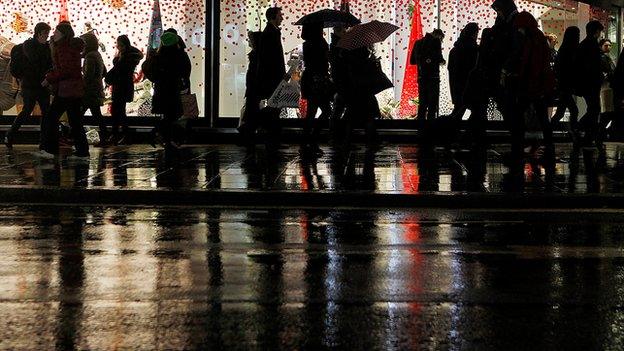
The social attitudes survey has been carried out since 1983
However, it said people's responses to the coalition question were likely to be influenced by the party they supported.
NatCen said there had been a "muted" response to the government's reforms of the NHS, welfare and higher education.
Rachel Ormston, one of the report's authors, said: "Despite the fact that the public has gone off the notion of coalition government, it has seemingly accepted many of the coalition's big reforms.
"In spite of the government's narrative of austerity, or perhaps because of it, NHS satisfaction is back up, there is broad acceptance of tuition fees, and at least some cuts to benefits are popular."

Spotlight on UKIP
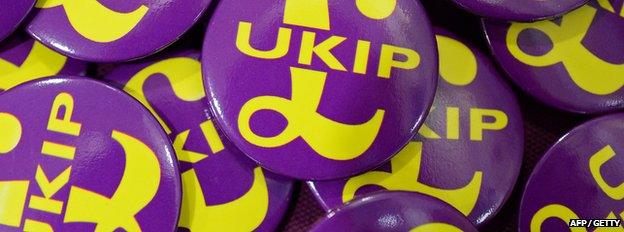
For the first time, this year's report also looked specifically at the attitudes of UKIP supporters, who featured heavily enough in the sample to be assessed separately.
It found while they were "anti-immigration and socially conservative", they shared traits with Labour supporters in that they were predominantly working class and concerned about the gap between rich and poor.
They were also more likely than the population as a whole to support the death penalty (75% to 48%), consider young people do not have enough respect for British values (86% to 66%), and believe that people who want to have children should get married (46% to 23%).
UKIP supporters were also less likely to trust Parliament and the government.

People's interest in politics is "undiminished", the survey said, but a trend towards "greater voter disconnection" had continued in this Parliament, with 53% of people saying the government does not much care "what people like me think".
Some 14% of people have expressed political views online, and 40% got political news from the internet at least every week, compared to 64% from television and 46% from newspapers.
For this year's report, NatCen interviewed a representative, random sample of 2,878 adults in the UK between August and November 2014.
- Published19 March 2015
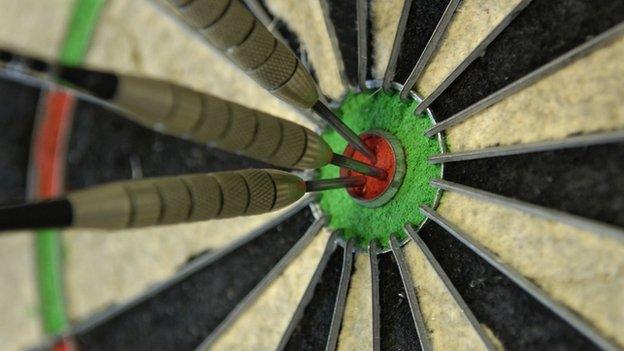
- Published17 June 2014
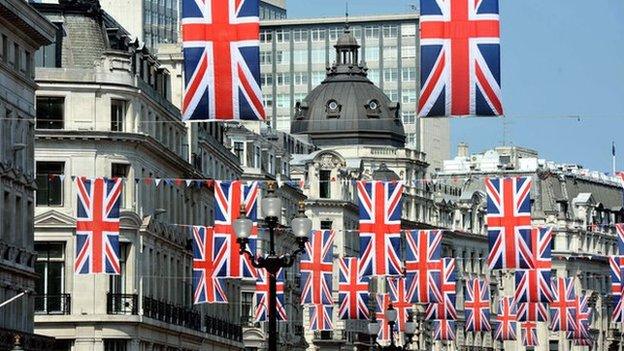
- Published17 September 2012
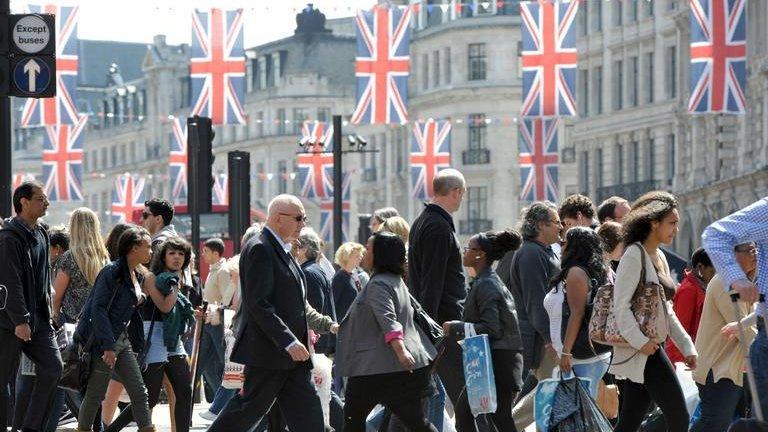
- Published24 March 2015
